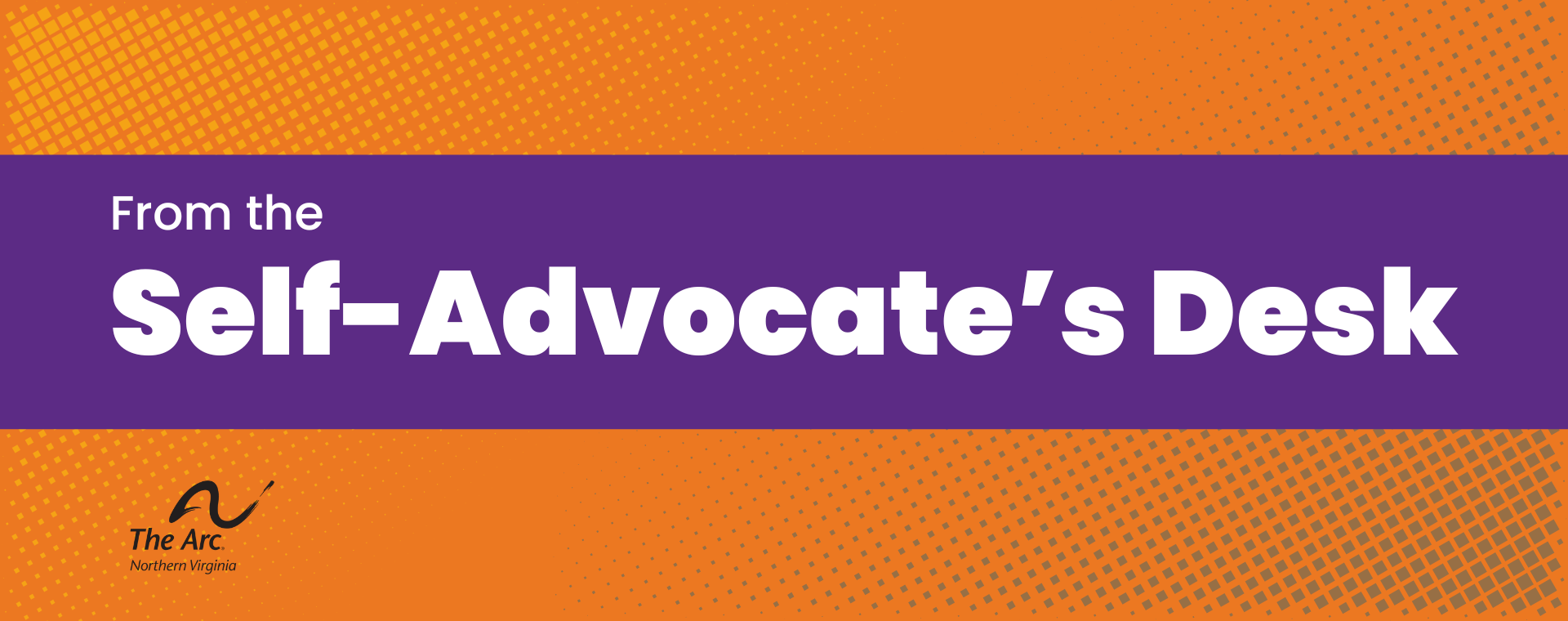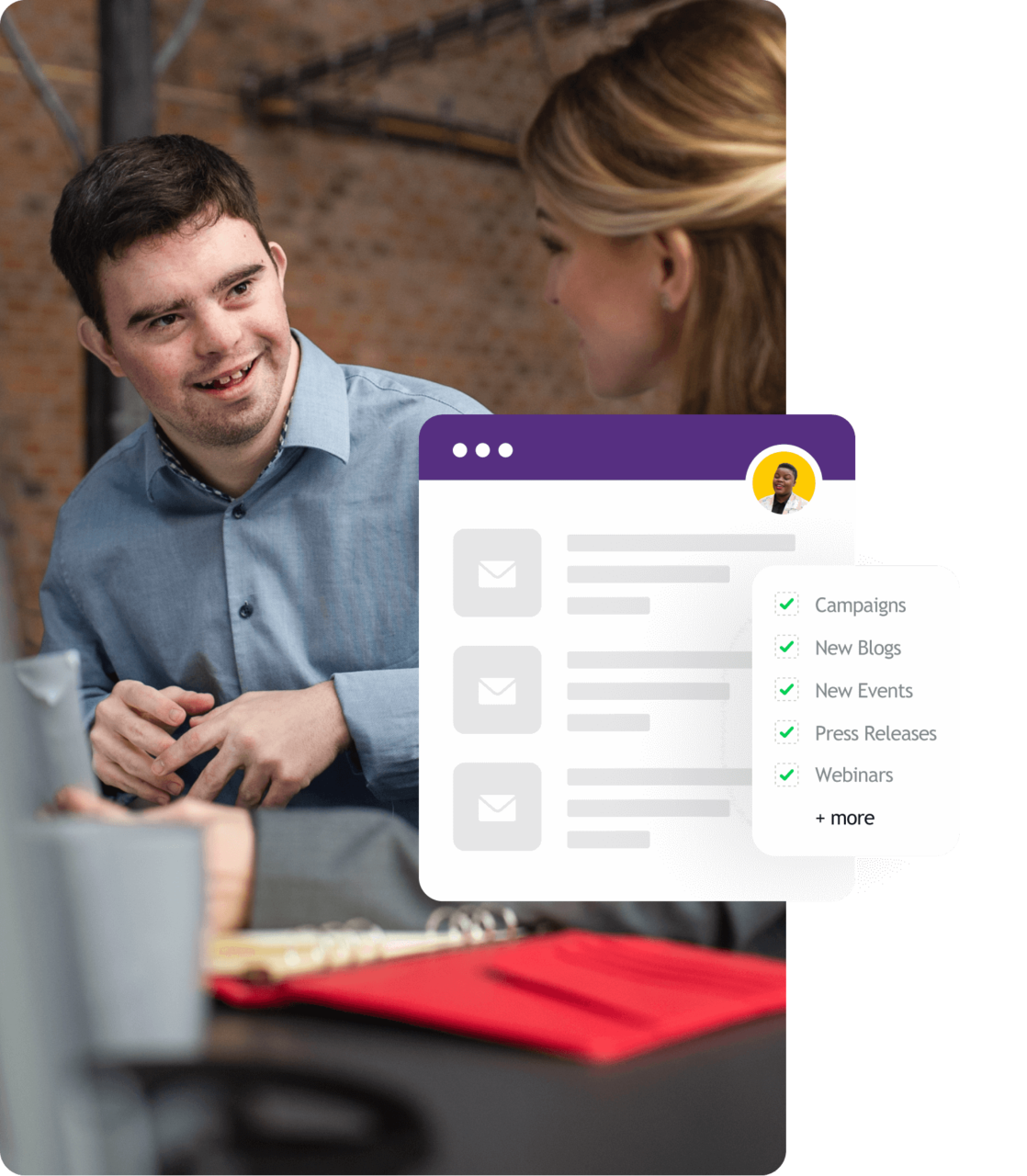Introduction: A Personal Reflection on Belonging
Dear fellow advocates and community members,
I offer these reflections as someone who has long navigated spaces where difference is met with hesitation, misunderstanding, or dismissal. For those of us with disabilities or who identify as neurodivergent, the experience of feeling “othered” is all too familiar. Yet, within these experiences lies not only hardship—but profound insight.
This piece seeks to explore what it means to be different in an ever-changing world that often resists complexity. It is a call to reflect, to listen more closely, and to foster genuine inclusion grounded in shared humanity.
Redefining Community: More Than Just Shared Space
When discussing community inclusion, it is critical to recognize that it transcends mere proximity. A truly inclusive community does not exist simply because individuals occupy the same physical environment. Rather, it is built through mutual respect, intentional support, and the recognition of dignity in every person—particularly those whose experiences diverge from the perceived norm.
Inclusion is about responding with care when someone is struggling, acknowledging those performing often-overlooked roles, and affirming that everyone has intrinsic worth regardless of ability, status, or perceived contribution.
Early Experiences: Living with Labels and Misconceptions
As a child, I struggled with adapting to change—something many in the neurodivergent community can relate to. I recall a quote from Pixar’s Ratatouille that still resonates with me:
“Change is nature, and it starts when we decide.” – Remy the Rat
While change may be an inevitable part of life, its challenges are compounded when met with assumptions about one’s capabilities. I have often been the subject of quiet dismissal—hearing statements like, “Don’t choose him; he won’t meet your expectations,” or “He isn’t equipped to manage challenges.”
These remarks reflect more than momentary judgment; they reflect the enduring stigma against disability that continues to shape institutional decision-making. Such perspectives fail to capture the whole person—relying instead on limited perceptions that obscure potential.
Adulthood and the Evolution of Bias
Although society tends to frame adulthood as a time of autonomy and opportunity, the biases I encountered as a child did not disappear with age. They merely assumed new forms. Within professional and social spaces, similar attitudes persisted, albeit masked by more refined language.
Systemic barriers remain a constant presence in the lives of many disabled and neurodivergent individuals. These barriers are not always visible—but they are deeply felt. Whether through a lack of accommodations, exclusion from leadership roles, or assumptions about our capacity, the message remains: difference is inconvenient.
Despite these ongoing challenges, I have chosen to persist. I have found strength in my support network and have continued to share my story with the hope that honest storytelling can shift perspectives.
Strategies for Endurance: Responding to Criticism
In a professional meeting, I was once asked, “How do you handle situations when others speak to you in overly critical or demeaning ways?”
My response was deliberate:
“I have to present a sense of composure. If I yield emotionally in that moment, I risk reinforcing their expectations. Once they recognize vulnerability as weakness, they may use it again.”
This response reflects not defensiveness but strategic awareness—an unfortunate necessity for many navigating ableist systems and social exclusion. Maintaining emotional equilibrium in the face of critique becomes a means of self-preservation.
However, true advocacy requires more than self-protection. It calls us to build a culture where individuals are not penalized for expressing difficulty but are instead supported in their growth and authenticity.
The Strength Found in Difference
To be different in a world that often favors uniformity is not a deficit—it is a form of insight cultivated through lived experience. For those of us who walk unconventional paths, difference is both our burden and our brilliance.
Promoting inclusive communities begins with rejecting one-dimensional narratives about ability or worth. It means embracing the full complexity of human experience and valuing lived experience as a source of knowledge, not an exception to be managed.
Inclusion, when meaningfully pursued, affirms that each of us has something vital to offer—regardless of how well we fit within traditional molds.
Conclusion: Listening Beyond the Label
There is power in being seen beyond the labels imposed by society. When we listen without assumption and include without condition, we create spaces that move from tolerance to belonging.
Let us work together to dismantle the barriers—both visible and invisible—that prevent so many from participating fully in community life. Let us choose to recognize that being different does not mean being lesser.
Instead, let us understand it for what it truly is: a unique perspective capable of transforming not only our institutions but our collective future.
In solidarity,
Ian Allan
Self-Advocate for the Arc of Northern Virginia
Ian Allan is a self-advocate with a deep commitment to policy literacy, systems change, and disability justice. Through The Arc of Northern Virginia, he works to ensure that people with intellectual and developmental disabilities are not just served by systems—but shaping them.

